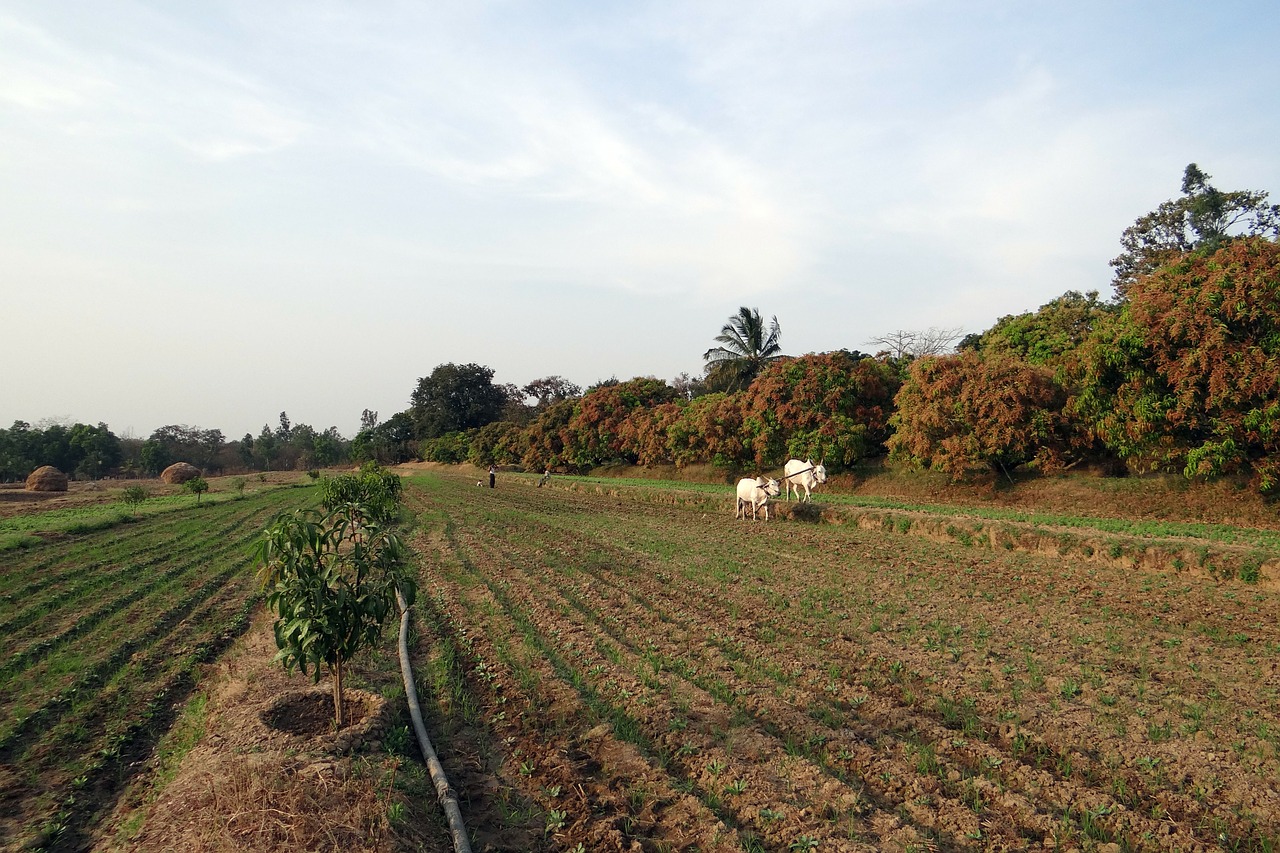
Vitamin D Deficiency May Be Linked To Diabetes Risk in Pre-Diabetic Women
- News
- 1.6K
Lower vitamin D levels may be linked to higher blood glucose levels in Indian women with the pre-diabetes condition, according to a new study.
Vitamin D is a fat-soluble vitamin produced endogenously when ultraviolet rays from sunlight strike the skin and trigger its synthesis. To some extent, it is present naturally in food items like milk, eggs, almonds, walnuts, mushroom, cheese and fatty fish like mackerel, tuna, and salmon.
The findings of the study show that 68.8 % of women are vitamin D ‘deficient’ while almost 26 % have been marked as vitamin D ‘insufficient’. Just 5.5 % of Indian women are vitamin D ‘sufficient’ which means they have vitamin D in sufficient amount.
The cross-sectional population-based study involving 797 women in 20-60 year age group was conducted by researchers from All India Institute of Medical Sciences (AIIMS), Diabetes Foundation (India) along with National Diabetes, Obesity and Cholesterol Foundation and Fortis Centre for Diabetes, Obesity, and Cholesterol. The study results have been published in the medical journal BMJ Open Diabetes Research and Care.
Researchers measured and analyzed vitamin D levels and fasting blood glucose of women who were categorized as pre-diabetic and found that their fasting blood glucose was significantly higher in those with vitamin D deficiency as compared to those with vitamin D insufficiency and sufficiency.
The findings of the study are important as they show that pre-diabetic women may have a tendency to develop type 2 diabetes mellitus. Based on results of an earlier study, the researchers note, “pre-diabetes is associated with abdominal obesity, insulin resistance, non-alcoholic fatty liver disease and metabolic syndrome, and such individuals are at an increased risk for developing the T2DM and cardiovascular disease.”
“Vitamin D deficiency is extremely common among Indians despite exposure to adequate amounts of sunlight. In this study, we have shown that blood glucose levels are higher is those women who have lower vitamin D levels. These observations have huge implications. Could supplementation of vitamin D decrease blood glucose levels in women? Would it prevent diabetes in those predisposed to develop it? These issues need more studies,” pointed out Dr. Anoop Misra, chairman Fortis C-DOC, and a member of the research team while speaking to India Science Wire.
Vitamin D is known to be an immune system regulator and is crucial for absorption of calcium and phosphorous minerals essential for bones and can strengthen brain function, especially in old age. This sunshine vitamin can reduce the severity and frequency of asthma symptoms and is also known to reduce the risk of developing rheumatoid arthritis in women.
Vitamin D deficiency is a major public health problem worldwide. Although there are several symptoms of vitamin D deficiency, some of the most common ones are the chronic pain in muscles and joints despite medication and perpetual fatigue; lower back pain and low immunity are also medical conditions sometimes associated with vitamin D deficiency. However, of all people Asian Indian population, specifically women are more likely to have vitamin D deficiency. This may be owing to their remaining largely confined to households and their typical clothing pattern preventing them to have sufficient exposure to sunlight.
The research team included Surya Prakash Bhatt, Anoop Misra, Seema Gulati, Namrata Singh (Diabetes Foundation India); and Ravindra Mohan Pandey (AIIMS, New Delhi). The study was supported by a grant from the Department of Science and Technology (DST). (India Science Wire)
By Dr. P K Mukherjee
Journal Article
For the latest Science, Tech news and conversations, follow Research Stash on Twitter, Facebook, and subscribe to our YouTube channel


